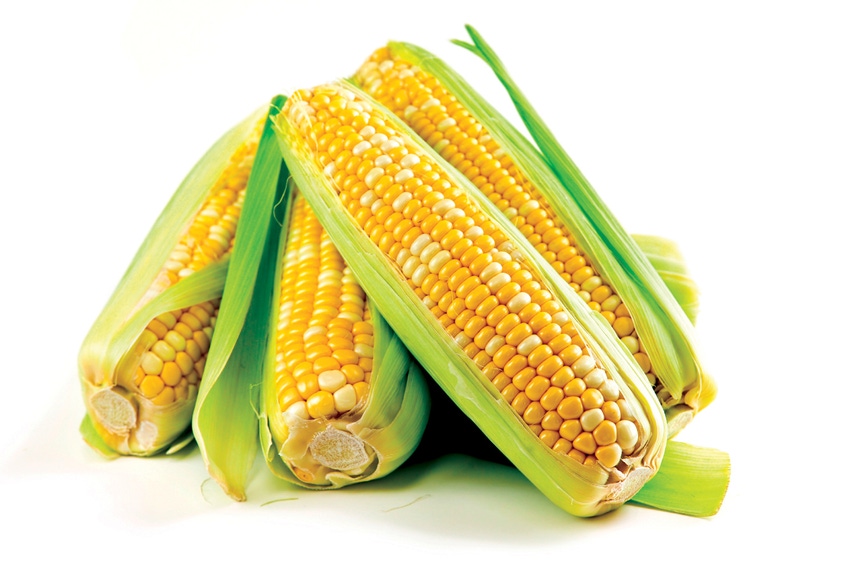September 12, 2019

The Foundation for Food and Agriculture Research is awarding an $1.8 million grant through the Crops of the Future Collaborative to the University of Wisconsin-Madison to identify genetic markers in corn associated with drought tolerance and thereby accelerate the breeding of drought-resistant varieties. FFAR provided $900,000 and Inari, KWS and Syngenta contributed the matching funds for this three-year project through their participation in Crops of the Future.
“The future of farming means growing more food with fewer resources,” said FFAR Executive Director Sally Rockey. “Increased climate instability will continue shrinking aquifers and exacerbating droughts. FFAR is investing in this project to produce corn varieties designed to thrive with limited water. This project, supported through the FFAR Crops of the Future collaborative, ultimately helps farmers prepare for impending climate variability.”
Drought is an incredibly complex stress and one that reduces corn crop production. The 2012 drought saw corn production fall by 4 billion bushels from pre-drought estimates, leading to a loss of approximately $22 billion for America’s farmers.
Researchers at the University of Wisconsin-Madison are focusing on drought stress during corn’s flowering and grain-growing lifecycle stages. By identifying the genes that together affect drought tolerance, the team can accelerate the development of drought-tolerant corn varieties.
“Nearly four million acres of corn are grown in Wisconsin, making it an important crop in our local economy,” says Dean Kate VandenBosch of the College of Agricultural and Life Sciences at UW–Madison. “I am pleased that we can contribute our expertise in corn genetics to understand the fundamental biological mechanisms that make the plant more resilient. This will lead to more efficient varieties benefiting farmers, consumers and the ecosystem.”
The Crops of the Future Collaborative convenes industry participants to collectively fund and execute research to fill knowledge gaps common across the industry. With knowledge of these breeding tools, the consortia participants can create corn varieties better suited to a changing climate.
“Collaborating in this way to map Corn Drought Tolerance Genes is crucial to enabling crops to ‘keep up’ with environmental stressors and climate change,” said Trevor Hohls, Syngenta global head of seeds development.
“As we look to the crops of the future, our farmers and agricultural systems will continue to be dealing with greater challenges such as climate instability and water availability. At KWS, we look beyond short-term success and focus on the development of sustainable and visionary solutions that increase food security and ensure a healthy world for future generations. This project is well aligned with our mission and we are pleased to be part of this public-private collaborative effort,” said Dr. Derek Bartlem, Managing Director/Head of Research USA for KWS.
“Collaborations drive the change that addresses critical problems we face globally in agriculture,” said Mark Stowers, Chief Operations Officer and President of North America at Inari. “Discovering the genetics behind drought tolerance will be important in the work we do at Inari to address to not only the needs of growers, but those of the planet as well.”
This project is an expansion of a 2018 grant FFAR awarded to the University of Wisconsin. The $100,000 seed grant, co-funded by KWS and Syngenta, established a research nursery to launch this larger effort.
Source: Foundation for Food and Agriculture Research, which is solely responsible for the information provided and is wholly owned by the source. Informa Business Media and all its subsidiaries are not responsible for any of the content contained in this information asset.
Read more about:
ResearchYou May Also Like




